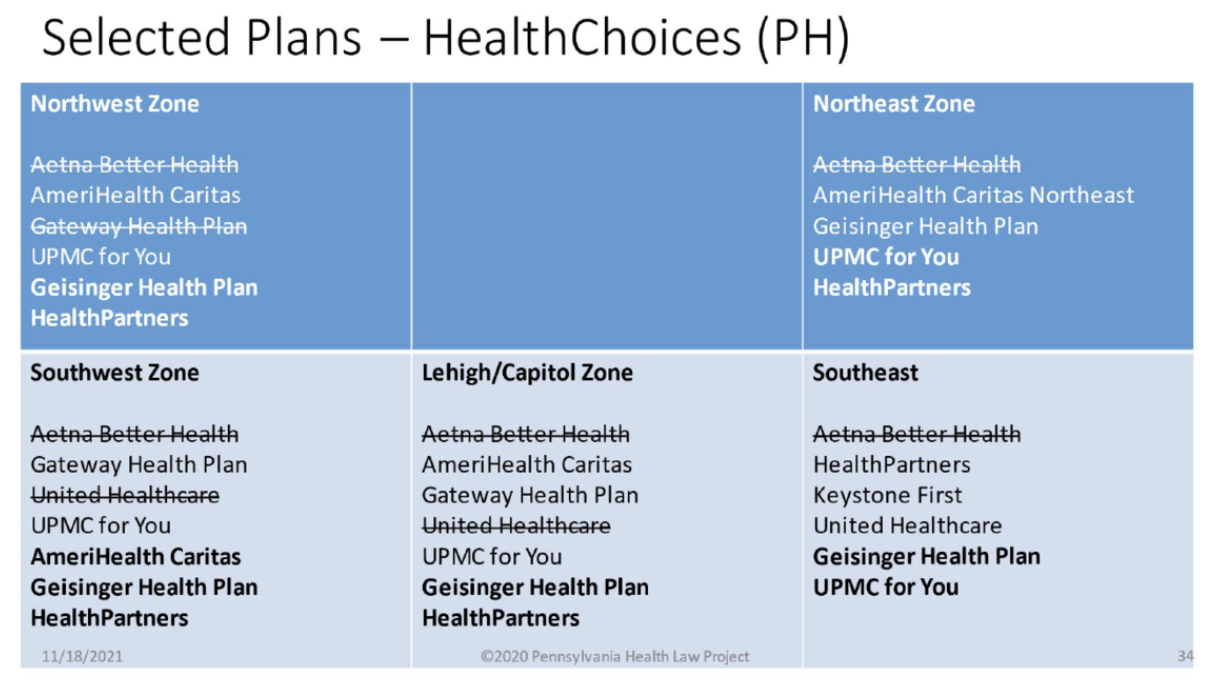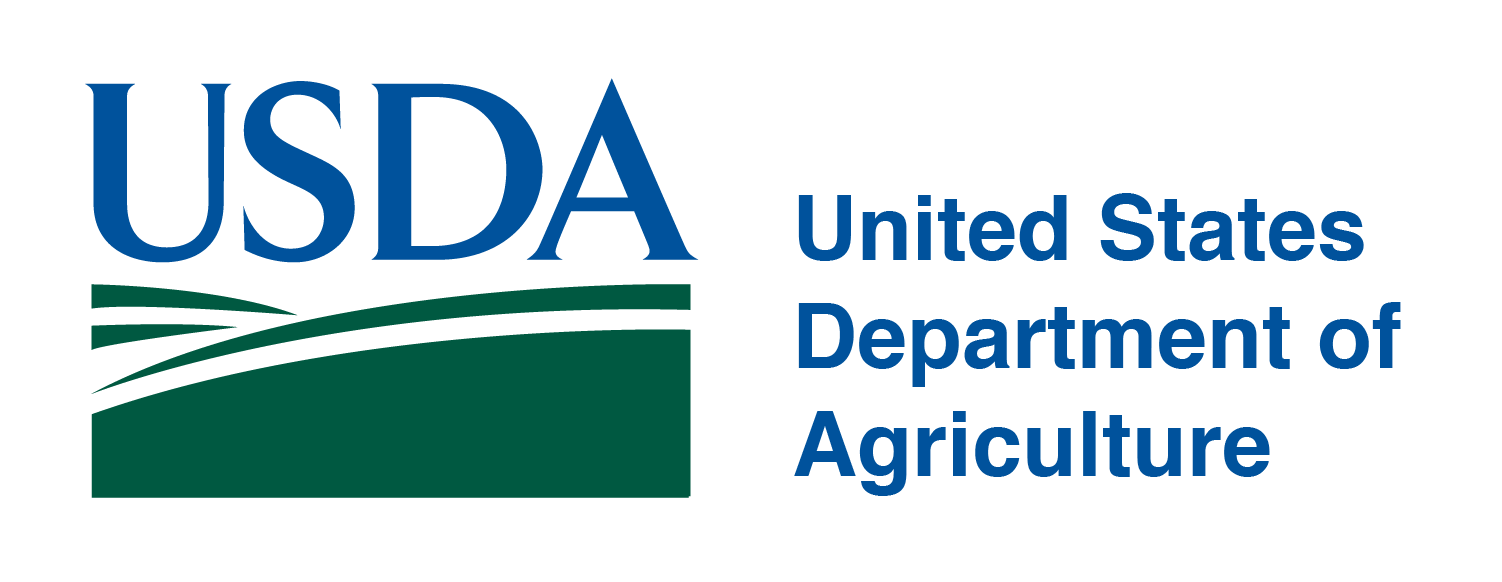- Who Needs Dry January More: Rural or Urban Drinkers?
- Rural Families Have 'Critical' Need for More Hospice, Respite Care
- States Help Child Care Centers Expand in Bid To Create More Slots, Lower Prices
- Rural Telehealth Sees More Policy Wins, but Only Short-Term
- Healing a Dark Past: The Long Road To Reopening Hospitals in the Rural South
- Study: Obstetrics Units in Rural Communities Declining
- Q&A: Angela Gonzales (Hopi), on New Indigenous Health Research Dashboard
- Not All Expectant Moms Can Reach a Doctor's Office. This Kentucky Clinic Travels to Them.
- Hawaiʻi's Physician Shortage Hits Maui Hardest
- Choctaw Nation Found a Better Way to Deliver Harm Reduction. It's Working.
- In Rural America, Heart Disease Is Increasingly Claiming Younger Lives
- HHS Launches Healthy Border 2030 Framework Highlighting Health Priorities and Actions to Support Border Communities and Populations
- Gaps in Mental Health Training, Rural Access to Care Compound Az's Maternal Mortality Crisis
- Enticing Rural Residents to Practice Where They Train
- New Round of Federal Funding Open for Rural Health Initiatives
2022 Nurse Corps Scholarship Program Application Cycle is Now Open
If you know someone headed to nursing school, let them know that the 2022 Nurse Corps Scholarship Program (SP) application cycle is now open. This year up to $2 million will be set aside for career pathways health professionals such as Certified Nursing Assistants, Home Health Aides, Medical Assistants, Licensed Practical (Vocational) Nurses, and other entry-level health professionals. Nurse Corps provides financial support to students accepted to or enrolled in a nursing degree program at an accredited school of nursing in the United States. After graduation from nursing school, scholarship recipients serve a minimum two-year commitment at an approved health care facility with a critical shortage of nurses. For this application cycle, the Nurse Corps has reserved special funding in psychiatric mental health, women’s, and obstetrics. Review the Application and Program Guidance (APG) for information on eligibility and requirements. The application cycle closes on May 5.
A Study Finds Even Mild COVID-19 Causes Brain Damage
New research on the impact of COVID-19 on cognitive functioning and the brain is the first to reveal striking differences in areas of the brain based on scans taken before and after a coronavirus infection. Researchers identified COVID-19 associated brain damage months after infection, including in the region linked to smell, and shrinkage in size equivalent to as much as a decade of normal aging. Read more.
400,000+ Patients Will Be Impacted by New HealthChoices Physical Health Zone Assignments
The Pennsylvania Department of Human Services (DHS) is moving forward toward a goal of July 1, 2022 transition to 2022 managed care organization (MCO) assignments. The changes are significant in several ways: the current plan assignments have been in place since 2012 because of disputes, court cases, and more; there are more MCOs that will be serving all zones statewide, including some like Geisinger Health Plan and HealthPartners Plan that have previously only served a single zone; and perhaps most importantly, more than 400,000 individuals will either need to choose a new plan or will be auto-assigned to one.
The Medicare Advantage Open Enrollment Ends March 31
Current enrollees in a Medicare Advantage Plan (MAP) who want to change health plans, can switch to a different Medicare Advantage Plan with or without drug coverage or go back to original Medicare and, if needed, also join a Medicare Prescription Drug Plan during Open Enrollment. If enrollees switch MAPs or go back to the original Medicare, the news coverage will start the first day of the month after the new plan gets the request for coverage. For those who go back to their original Medicare, enrollees may not be able to buy a Medicare Supplemental Insurance or Medigap Policy.
The National Strategy to Address Mental Health Crisis is Announced
State Medicaid Director Set to Speak on Transforming Care Delivery
Experts from New York and Pennsylvania will come together to address how we can advance care delivery to support reentry and collaborate to transform Medicaid, in an event co-hosted by City & State PA and Unite Us. The session will look at achieving social care coordination at scale, examine the challenges around social care capacity and resources, and discuss the impact of social care data in improving health outcomes. Sally Kozak, MHA, RN, Deputy Secretary, State Medicaid Director, and Deputy Secretary, Office of Medical Assistance Programs, Pennsylvania Department of Human Services is among those presenting. Learn more and register for the March 29, 1:00 – 3:00 pm webinar. There is no fee to register.
Public Transportation’s Role in Rural Health Care Access
 Co-Director of the National Aging and Disability Transportation Center, Carol Wright Kenderdine, talks about ways in which COVID-19 has spurred innovation in rural transportation. The interview is the second episode of a new podcast, Exploring Rural Health.
Co-Director of the National Aging and Disability Transportation Center, Carol Wright Kenderdine, talks about ways in which COVID-19 has spurred innovation in rural transportation. The interview is the second episode of a new podcast, Exploring Rural Health.
Suicide Rates Decline, But Remain High for Certain Groups
The Centers for Disease Control and Prevention released data showing suicide rates were inversely related to county urbanization level, with the most rural (noncore) counties experiencing the highest rate (20.6 per 100,000). Overall, there was a three percent decline in the suicide rate in 2020, a downward trend that started in 2019. While the rate is 13.9 per 100,000 in the general U.S. population, disparities persist. The rates were highest among persons who were non-Hispanic American Indian or Alaska Native (23.9 per 100,000), followed by non-Hispanic White (16.9 per 100,000).
New Data Published on Rural-Urban Disparities in COVID-19 Vaccination
 The Centers for Disease Control and Prevention reported last year that, in the first four months of the vaccine’s availability, coverage for adults overall was lower in rural than in urban counties. New data released last week show that the rural-urban gap in COVID-19 vaccination coverage has more than doubled since April 2021.
The Centers for Disease Control and Prevention reported last year that, in the first four months of the vaccine’s availability, coverage for adults overall was lower in rural than in urban counties. New data released last week show that the rural-urban gap in COVID-19 vaccination coverage has more than doubled since April 2021.
The United States Department of Agriculture is Seeking Applications for Technical Assistance Grants to Support Rural Community Facilities
WASHINGTON, Mar. 14, 2022 – U.S. Department of Agriculture (USDA) Under Secretary for Rural Development Xochitl Torres Small today announced that the Department is accepting applications to help rural communities expand their capacity to access financial resources to support the construction or upgrade of essential community facilities.
The funding is being made available under the Community Facilities Technical Assistance and Training Grant program. The grants allow eligible public bodies as well as private and nonprofit organizations to provide technical assistance and training to help grantees identify and plan for community facility needs in their area.
Once these needs are pinpointed, the grantee can seek additional public and private financial resources.
USDA is offering priority points to projects that advance key priorities under the Biden-Harris Administration to help communities recover from the COVID-19 pandemic, advance equity, and combat climate change. These extra points will increase the likelihood of funding for projects seeking to address these critical challenges in rural America.
Electronic applications will be accepted via Grants.gov until 11:59 p.m. Eastern time on May 23, 2022
Any paper applications must be postmarked, mailed, shipped, or sent overnight by 4:00 p.m. local time on May 26. 2022.
For additional information, see page 14238 of the Mar. 14, 2022, Federal Register.


